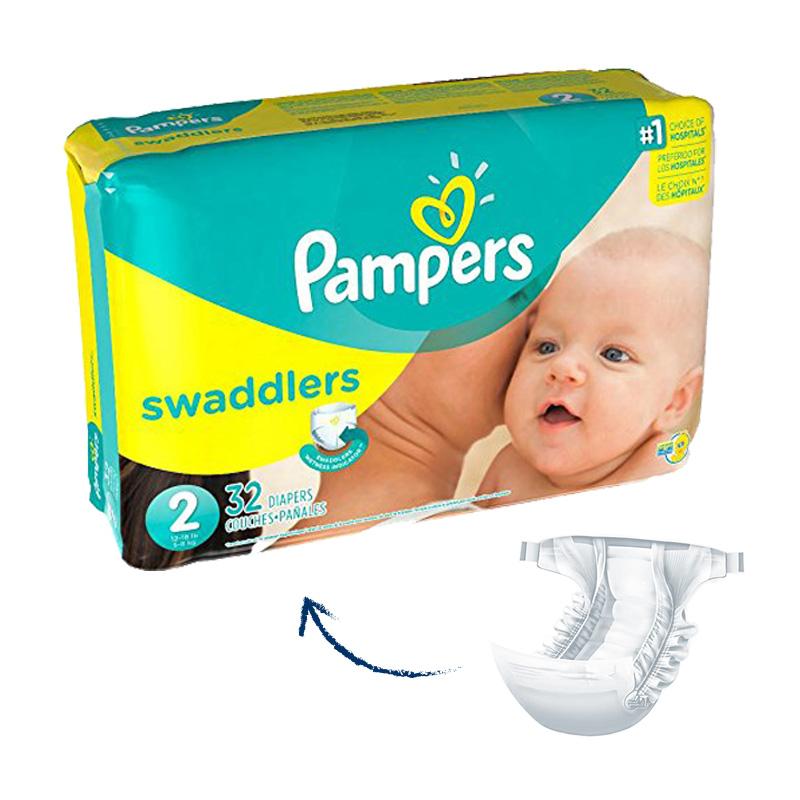Dog Food Packaging Bag: Essential Guide for Pet Owners
June 24, 2025 | News | No Comments

# Dog Food Packaging Bag: Essential Guide for Pet Owners
## Understanding Dog Food Packaging Bags
When it comes to keeping your furry friend healthy and happy, proper dog food storage plays a crucial role. The packaging of your dog’s food isn’t just about aesthetics – it’s about preserving freshness, maintaining nutritional value, and ensuring food safety.
Modern dog food packaging bags are designed with multiple layers of protection to keep kibble fresh and free from contaminants. These bags typically feature:
– A strong outer layer for durability
– Moisture barriers to prevent spoilage
– Oxygen barriers to maintain freshness
– UV protection to preserve nutrients
## Types of Dog Food Packaging
### 1. Stand-Up Pouches
These popular bags feature a gusseted bottom that allows them to stand upright. Benefits include:
– Space-saving storage
– Easy pouring
– Better visibility of contents
– Resealable options available
### 2. Flat Bags
Traditional flat packaging remains common for smaller quantities. They’re:
– Cost-effective
– Lightweight
– Often used for sample sizes
### 3. Paper Bags with Liners
Some premium brands use paper outer bags with plastic liners, offering:
– Eco-friendly appearance
– Good moisture protection
– Recyclable components
## Key Features to Look For
When selecting dog food packaging, consider these essential features:
### Resealability
Look for bags with:
– Zipper closures
– Velcro seals
– Fold-over tops with clips
Proper resealing prevents air exposure and maintains freshness between feedings.
### Durability
Quality packaging should:
– Resist tears and punctures
– Withstand transportation
– Protect against pests
### Information Transparency
Good packaging clearly displays:
– Ingredients list
– Nutritional analysis
– Feeding guidelines
– Expiration dates
– Manufacturer contact information
## Storage Tips for Opened Dog Food Bags
Once opened, proper storage becomes even more critical:
1. Keep the bag in a cool, dry place away from sunlight
2. Consider transferring food to an airtight container while keeping it in the original bag
3. Never store dog food in garages or sheds where temperature fluctuates
4. Use the food within the recommended timeframe after opening
## Environmental Considerations
As pet owners become more eco-conscious, manufacturers are responding with:
– Biodegradable packaging options
– Recyclable materials
– Reduced plastic content
– Compostable liners
Keyword: dog food packaging bag
Look for certifications like FSC (Forest Stewardship Council) for paper components or BPI (Biodegradable Products Institute) for compostable materials.
## Choosing the Right Size Packaging
Select packaging size based on:
– Your dog’s size and consumption rate
– Storage space availability
– Frequency of purchases
Remember that larger bags offer better value but require proper storage to maintain freshness throughout usage.
## Safety Considerations
Always inspect dog food packaging for:
– Signs of damage or tampering before purchase
– Proper seals and closures
– No unusual odors upon opening
– No evidence of pests or moisture
By understanding dog food packaging options and proper storage techniques, you can ensure your pet receives the maximum nutritional benefit from their meals while minimizing waste and maintaining food safety.